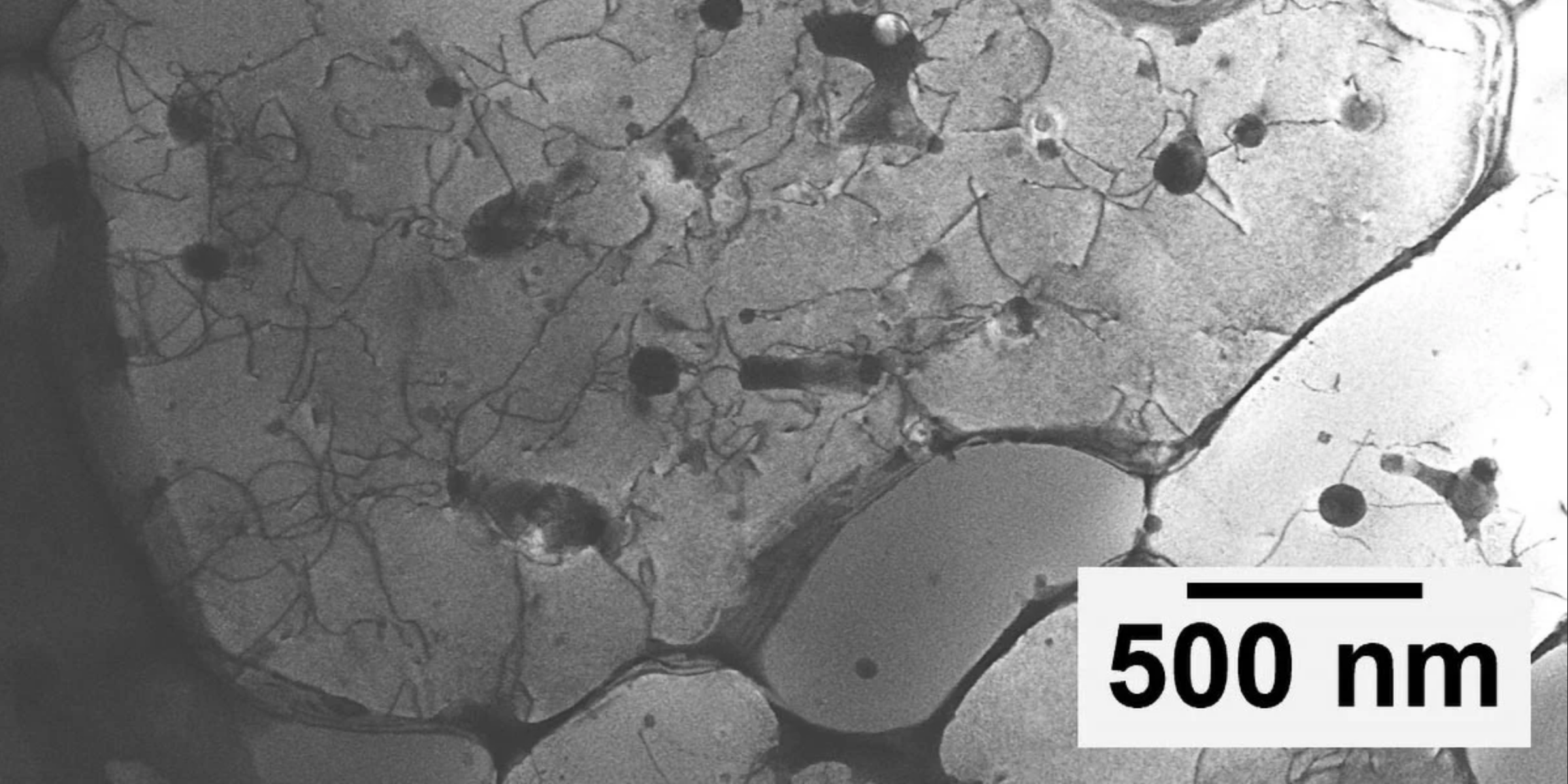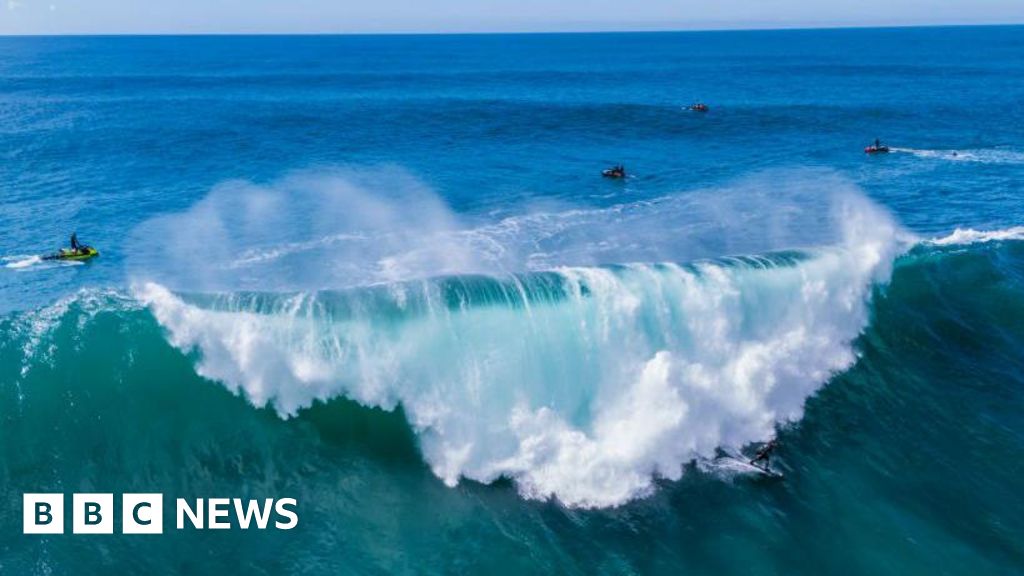Jared Isaacman Faces Senate Confirmation Hearing for NASA Leadership Amid Moon vs. Mars Debate

In a pivotal moment for the future of U.S. space exploration, President Donald Trump's nominee to lead NASA, entrepreneur Jared Isaacman, is set to face a series of challenging questions from U.S. Senators during a confirmation hearing scheduled for Wednesday. The focus will be on how Isaacman plans to navigate the competing priorities of President Trumpâs ambition to reach Mars and the ongoing NASA moon program, which has been a flagship initiative under the agency.At 42, Isaacman is the CEO of Shift4 Payments, a successful payment processing company. He is also known for his close partnership with Elon Musk's SpaceX, having flown to space not once but twice as a private astronaut aboard the companyâs spacecraft. This unique experience positions him as a significant figure in the commercial spaceflight industry and brings both excitement and scrutiny to his nomination.The confirmation hearing will take place before the U.S. Senate Committee on Commerce, Science, and Transportation, where lawmakers will address the conflicting visions regarding the future direction of NASA. At the heart of the debate is the agency's ambitious Artemis program, which aims to return astronauts to the moon's surface. This initiative was launched during Trump's first term and has received substantial funding, with a budget estimated around $25 billion aimed at achieving its goals.Despite the commitment to the lunar program, both President Trump and Elon Musk have increasingly expressed an urgent desire to prioritize missions to Mars. This has raised critical questions about the viability and sustainability of the moon program, especially considering the significant financial and political investment that has already been made. With Musk having spent $250 million in support of Trump's presidential campaign and advocating for Isaacmanâs nomination, the dynamics of this relationship add another layer of complexity to the proceedings.In his prepared testimony, Isaacman is expected to assert, âWe will prioritize sending American astronauts to Mars.â He emphasizes that while Mars will be a priority, the exploration of the moon will continue to be a critical endeavor that could yield invaluable scientific, economic, and national security benefits. Isaacman's dual focus on both celestial bodies reflects the intricate balance he will need to maintain if confirmed.The Artemis 2 mission, which is slated to involve a lunar flyby in 2026 before a subsequent landing, adds yet another layer of urgency to this hearing. The four astronauts assigned to that mission will be present at the hearing, underscoring the real-world implications of the discussions taking place. As Isaacman prepares to navigate this challenging landscape, the eyes of the space community and beyond will be watching closely to see how he plans to lead NASA into its next chapter.



















